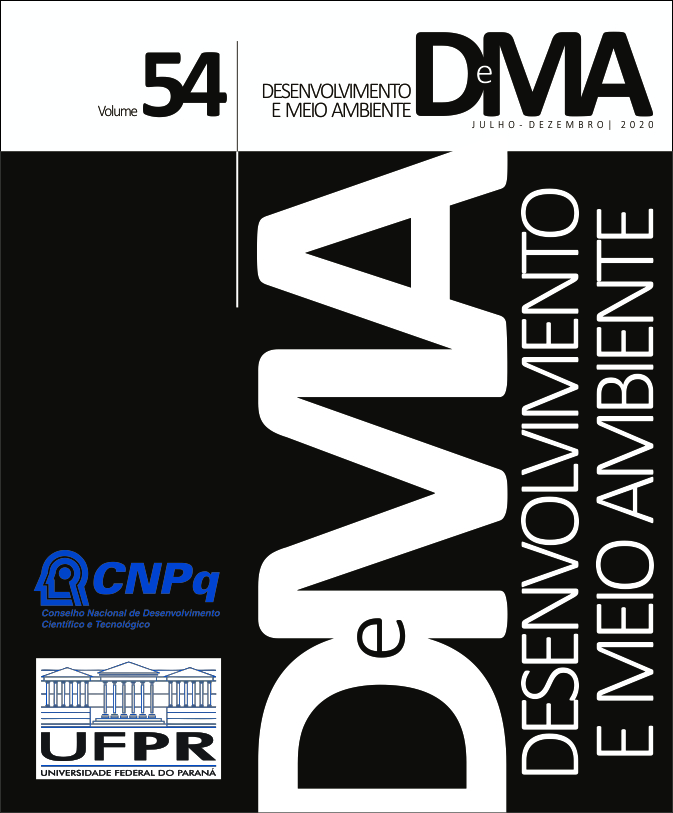Residential water demand analysis
DOI:
https://doi.org/10.5380/dma.v54i0.71880Palavras-chave:
water market, water policy, econometrics, water scarcityResumo
This paper presents an estimate of the water demand in Distrito Federal, a Federative Unit of Brazil where the capital of Brazil is located. We develop a water demand model based on the tariff structure to capture the essential aspects of water use by companies and by consumers. For water companies, knowledge of the demand curve provides necessary information needed to set rates that promote an increase in their revenues. For consumers, knowledge of the evolution of water prices is important for the formulating of policies to rationalize consumption. We analyze the residential water demand behavior in two categories of consumers: normal and popular. The demand for water in the study was inelastic in relation to price and income for both the normal and popular customer categories.
Downloads
Publicado
Como Citar
Edição
Seção
Licença
Os Direitos Autorais sobre trabalhos publicados nesta revista são do autor, com direitos de primeira publicação para a revista. O conteúdo dos trabalhos publicados é de inteira responsabilidade dos autores. A DMA é um periódico de acesso aberto (open access), e adota a licença Creative Commons Atribuição 4.0 Não Adaptada (CC-BY), desde janeiro de 2023. Portanto, ao serem publicados por esta Revista, os artigos são de livre uso para compartilhar (copiar e redistribuir o material em qualquer suporte ou formato para qualquer fim, mesmo que comercial) e adaptar (remixar, transformar, e criar a partir do material para qualquer fim, mesmo que comercial). É preciso dar o crédito apropriado, prover um link para a licença e indicar se mudanças foram feitas.
Os conteúdos publicados pela DMA do v. 53 de 2020 ao v. 60 de 2022 são protegidos pela licença Creative Commons Atribuição – Não Comercial – Sem Derivações 4.0 Internacional.
A DMA é uma revista de acesso aberto desde a sua criação, entretanto, do v.1 de 2000 ao v. 52 de 2019, o periódico não adotava uma licença Creative Commons e, portanto, o tipo de licença não é indicado na página inicial dos artigos.




